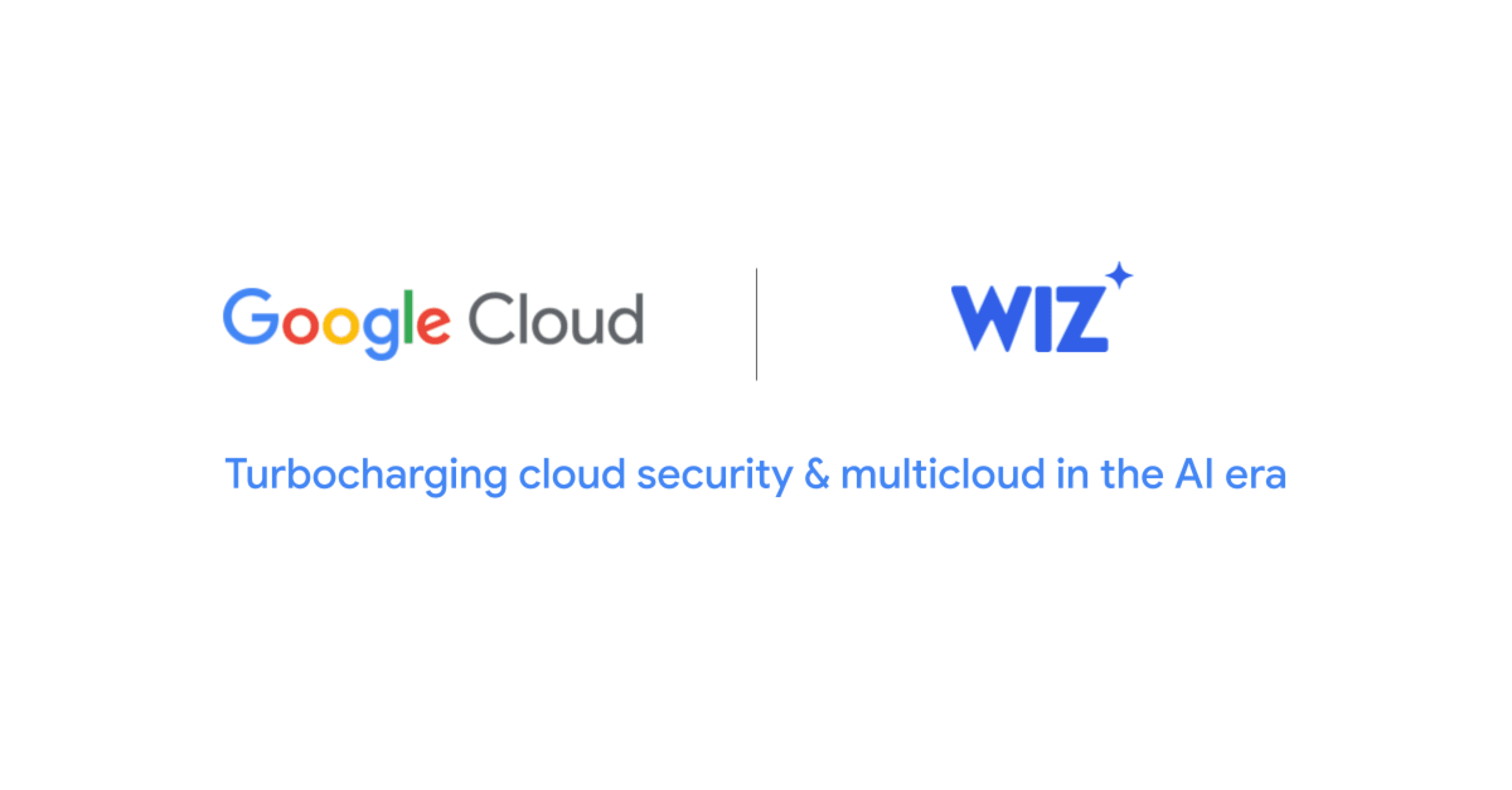Introduction
On Tuesday, OpenAI unveiled new developer tools designed to streamline the creation of AI agents—automated systems capable of independently performing various tasks. Leveraging OpenAI's robust AI models and frameworks, these tools promise significant advancements for developers and enterprises alike.
Responses API
Central to this launch is the Responses API, designed to replace the company's existing Assistants API, which OpenAI plans to sunset in the first half of 2026. The Responses API enables developers to craft custom AI agents capable of web browsing, file searching within company databases, and automated navigation of websites—functions previously seen in OpenAI's own Operator product.
AI Agent Challenges
The excitement surrounding AI agents has skyrocketed recently, though practical definitions and tangible benefits often remain elusive. For instance, Butterfly Effect, a Chinese startup, recently made headlines with its AI agent platform Manus, only for users to quickly uncover significant limitations.
Given this context, the stakes are especially high for OpenAI. Olivier Godement, OpenAI's Head of API Products, emphasized the challenge: "It's relatively easy to demo an AI agent. However, scaling an agent effectively and ensuring consistent user engagement is significantly harder."
Earlier this year, OpenAI introduced two agent prototypes within ChatGPT: Operator, focused on automated web navigation, and a deep research agent for compiling detailed reports. While promising, both highlighted the current limitations in true autonomy.
Advanced Capabilities
The Responses API addresses these limitations, granting developers access to powerful models like GPT-4o search and GPT-4o mini search. These models, currently in preview, perform accurate web searches and provide sourced answers. OpenAI highlights their high factual accuracy—GPT-4o search achieved a 90% accuracy on the SimpleQA benchmark, significantly outperforming the recently released GPT-4.5 model's 63%.
Additionally, the Responses API offers advanced file search capabilities, rapidly retrieving information from enterprise databases without training the AI models on these proprietary documents. Another significant feature is the Computer-Using Agent (CUA) model, which automates tasks involving mouse and keyboard actions, such as data entry or workflow management.
Notably, businesses have the option to run the CUA model locally, enhancing data privacy and security. However, OpenAI acknowledges that the technology remains imperfect, stating the CUA model "is not yet highly reliable for automating operating system tasks" and can occasionally make unintended errors.
Agents SDK
Accompanying the API is the open-source Agents SDK, offering developers free tools for integrating AI models with internal systems. This SDK also provides essential safeguards, debugging tools, and activity monitoring capabilities. It serves as an evolution of OpenAI's previous initiative, Swarm, a multi-agent orchestration framework introduced last year.
Future Impact
Godement expressed optimism that OpenAI's new tools will bridge the gap between impressive AI agent demonstrations and practical applications, declaring AI agents as potentially "the most impactful AI application to emerge." This aligns with OpenAI CEO Sam Altman's earlier statement forecasting 2025 as the year AI agents significantly impact the workforce.
Whether or not this becomes reality, OpenAI's latest advancements clearly indicate a strategic shift from flashy demonstrations toward creating genuinely impactful tools for businesses.
Image credit: AIM. The AIM logo used in this article is the property of AIM.



